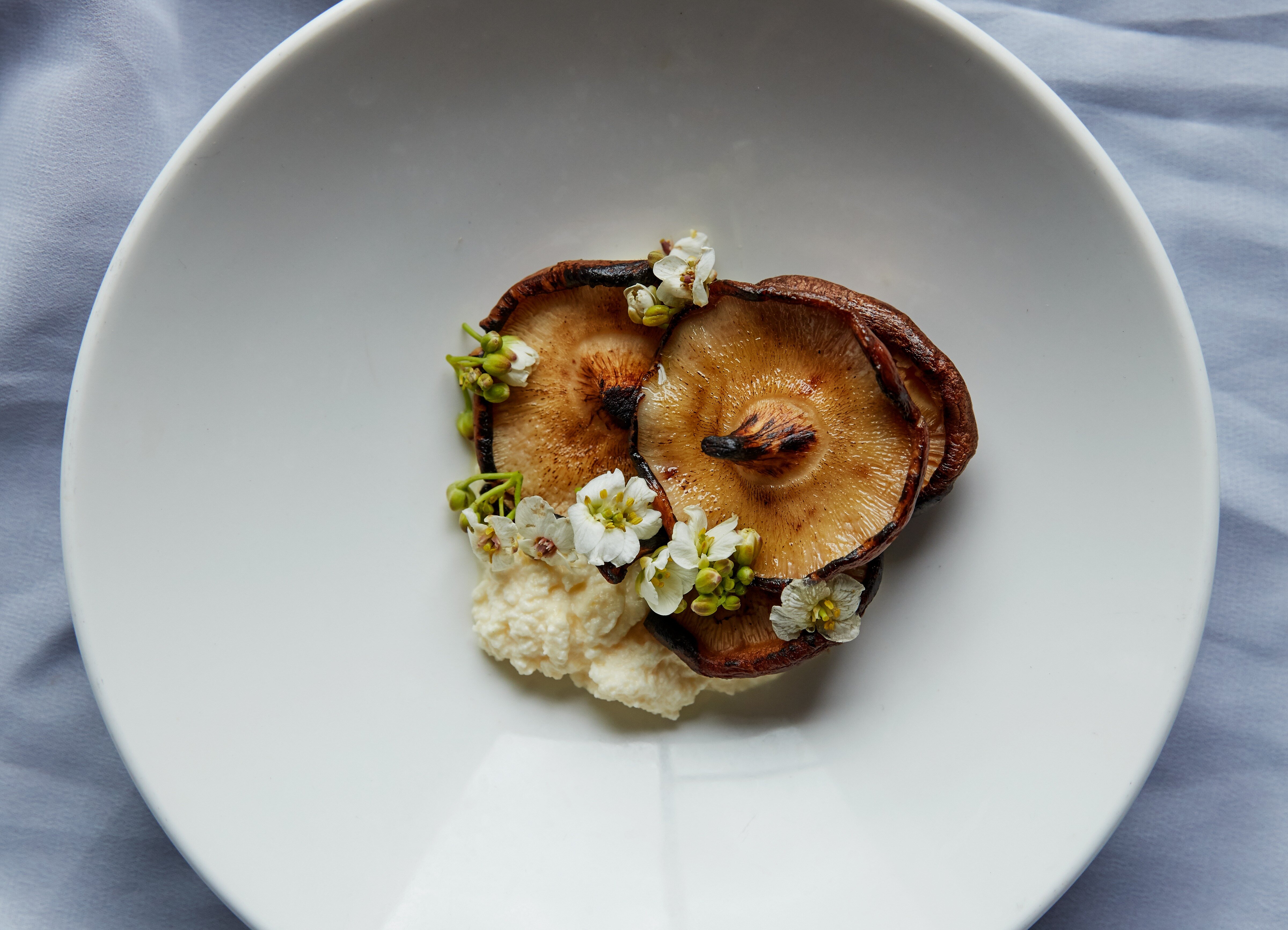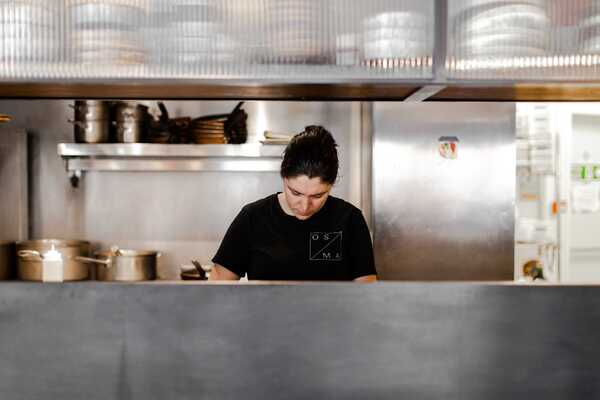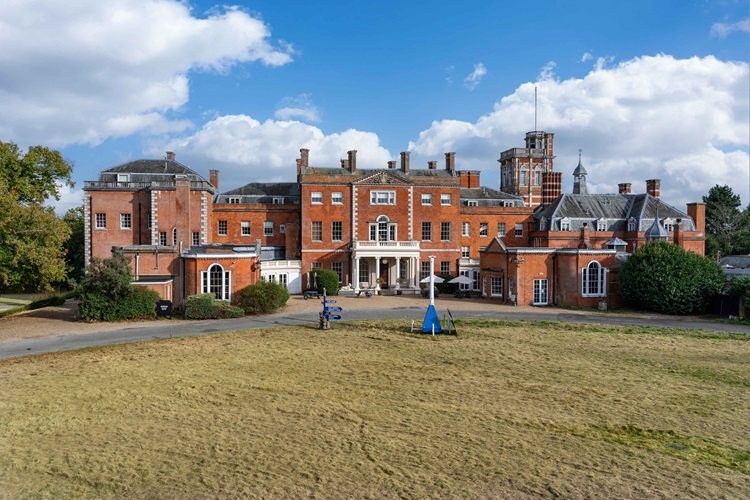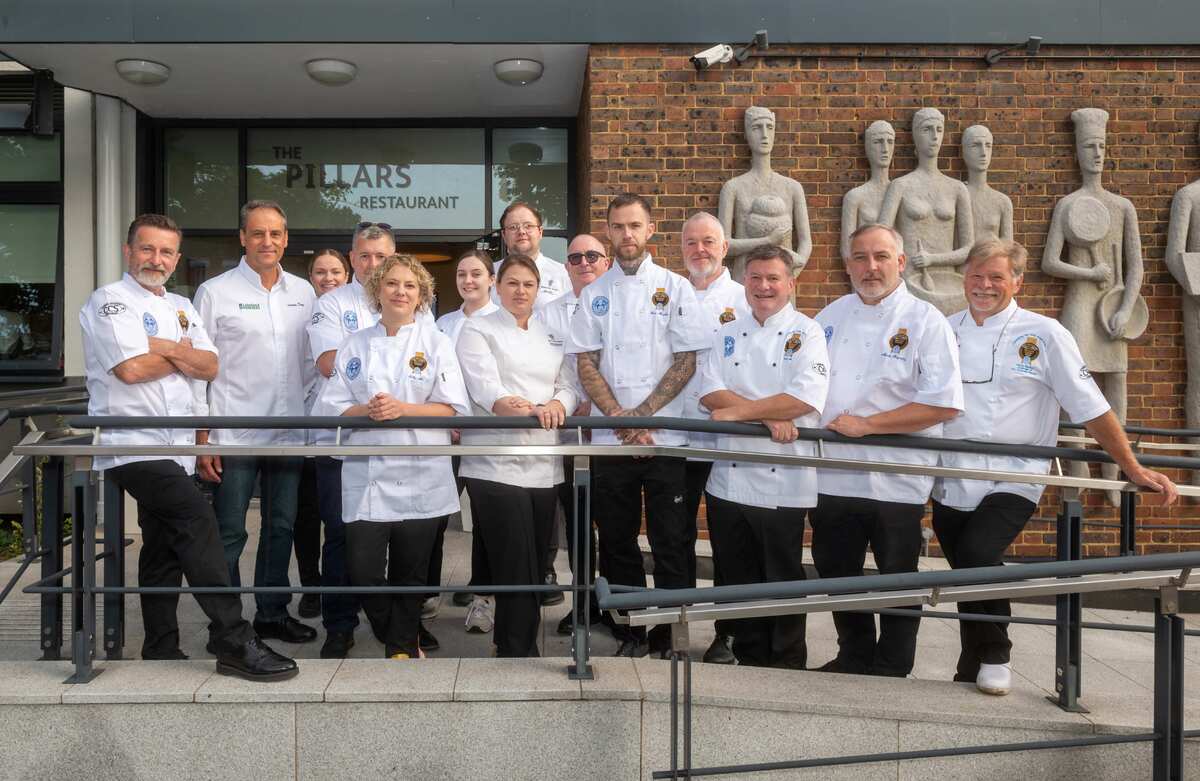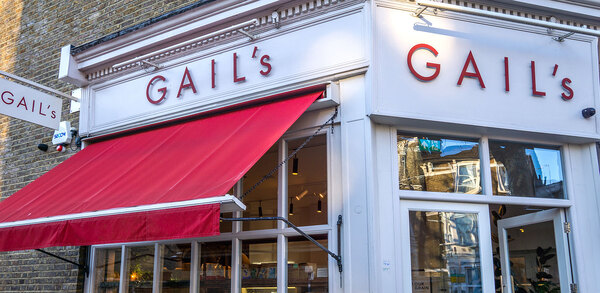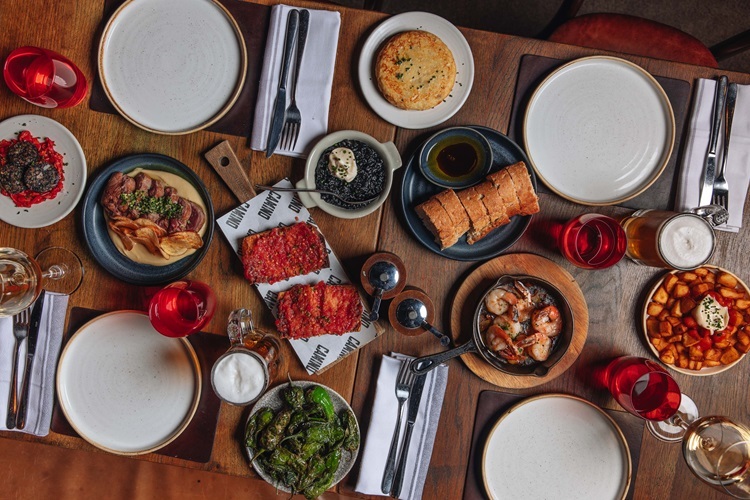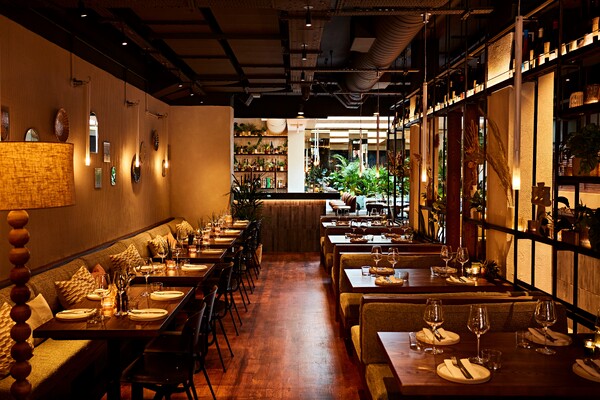Menuwatch: Silo London
Doug McMaster has moved his zero-waste restaurant from Brighton to London. He tells Katherine Price why it’s been easier the second time round
Five years after opening in Brighton with a trailblazing approach to waste, chef Doug McMaster’s Silo has landed in London after Crate Brewery crowdfunded nearly £1m to bring the concept to its White Building in Hackney Wick.
With Brighton’s proximity to the countryside and eco-friendly reputation, you might think it would have been a tough move – but it has proved quite the opposite, says McMaster.
“It’s been so much easier than opening Silo six years ago,” he says. “The world has changed in that time. The consciousness to waste and sustainability has become mainstream, and because of that businesses are reacting.”
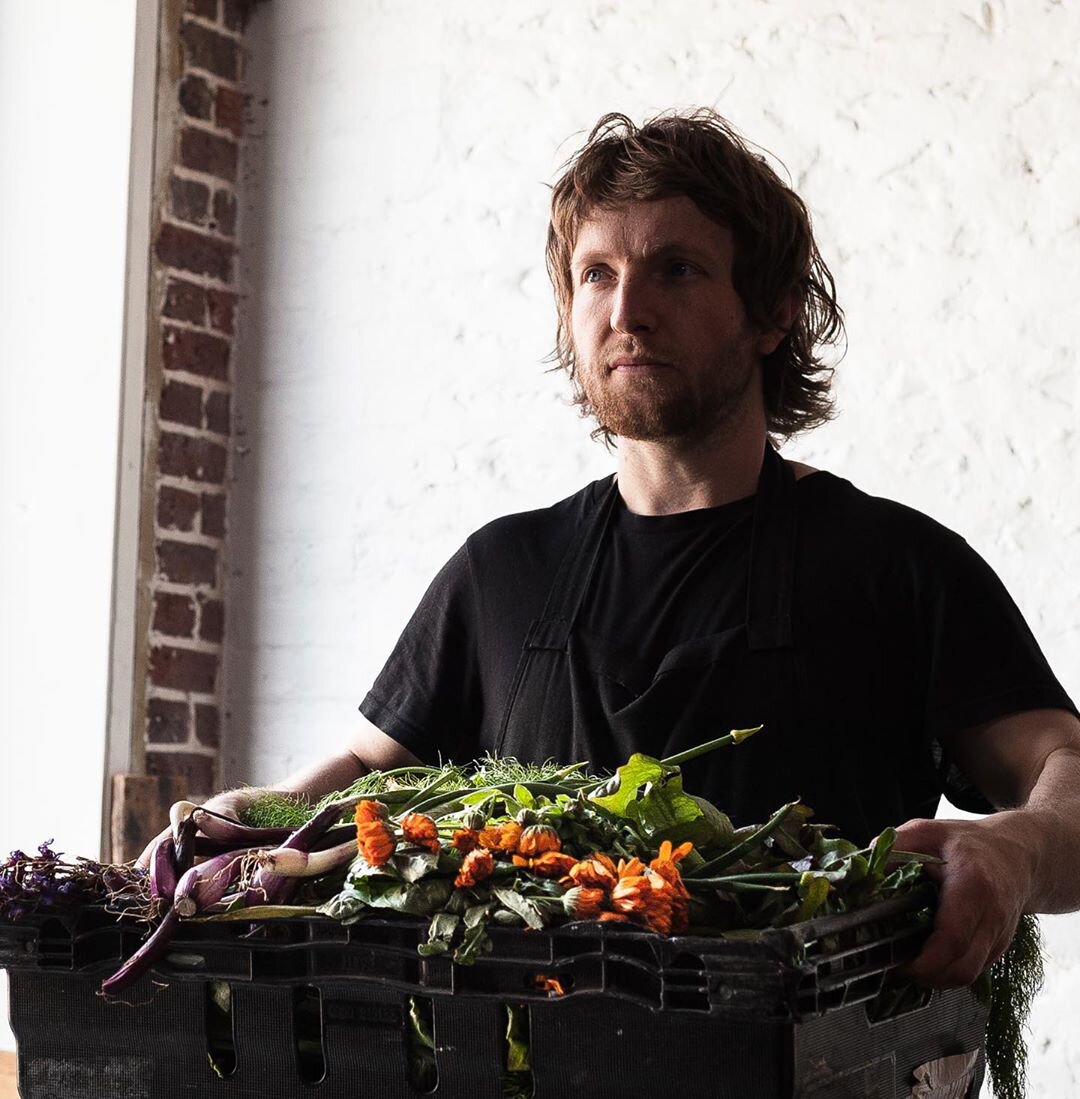
No longer are requests for milk to be delivered in steel churns, for example, raising eyebrows. And having three F&B businesses in the same building with which Silo can engage (Crate Brewery, Jarr Kombucha and Roasting Shed coffee) has slashed food miles.
The 50-cover restaurant has just one dinner menu of approximately 13 dishes, including three sides, of which five can be selected to create a £45 tasting menu. The menu is projected onto the wall of the restaurant so it can be changed mid-service depending on availability.
There is also a brunch menu on weekends including porridge and eggs. The menu is no large departure from Silo Brighton, which is now closed as McMaster felt “to launch a restaurant with a new concept menu with very little time to practice is dangerous and foolish”) so for now it will rely on tried-and-tested formulae, but with a new supply chain.
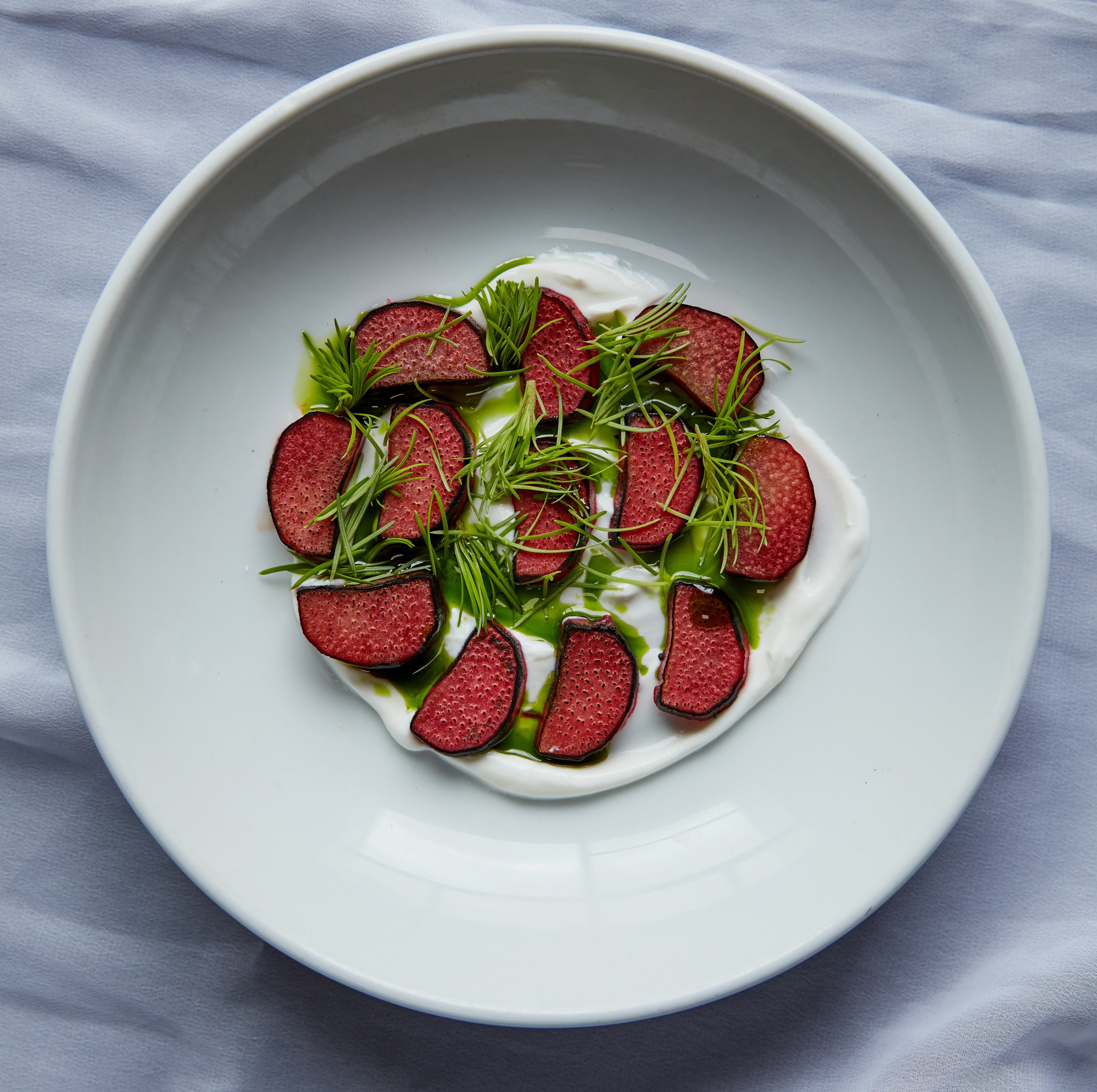
McMaster describes the food as “plant-led” and the limited meat served focuses on invasive deer that have been culled for environmental reasons, or making use of retired dairy cows. Milk and cream is supplied by the Estate Dairy collective.
Vegetables are sourced from farmers, mainly from Flourish Produce in Cambridge and Duchess Farms in Hertfordshire, which also supplies the restaurant’s wheat and oils, as well as composting its small amount of food waste.
McMaster is full of enthusiasm for the farms’ sustainable agricultural practices; he says chefs have a responsibility to support biodiversity by creating menus with more diverse ingredients.
One of his favourite dishes involves grilling emerald kale until it’s ‘barbecued’ and glazing it in a ‘treacle’ made from cooked-down vegetable waste, served with potatoes and dressed with a whey sauce, using the by-product from Silo’s cheesemaking. “It’s the coolest peasant dish, elevated with creativity and technique,” he says. The ‘treacle’ has also enabled them to do away with ‘Bertha’, a £20,000 compost machine they donated to a local brewery.
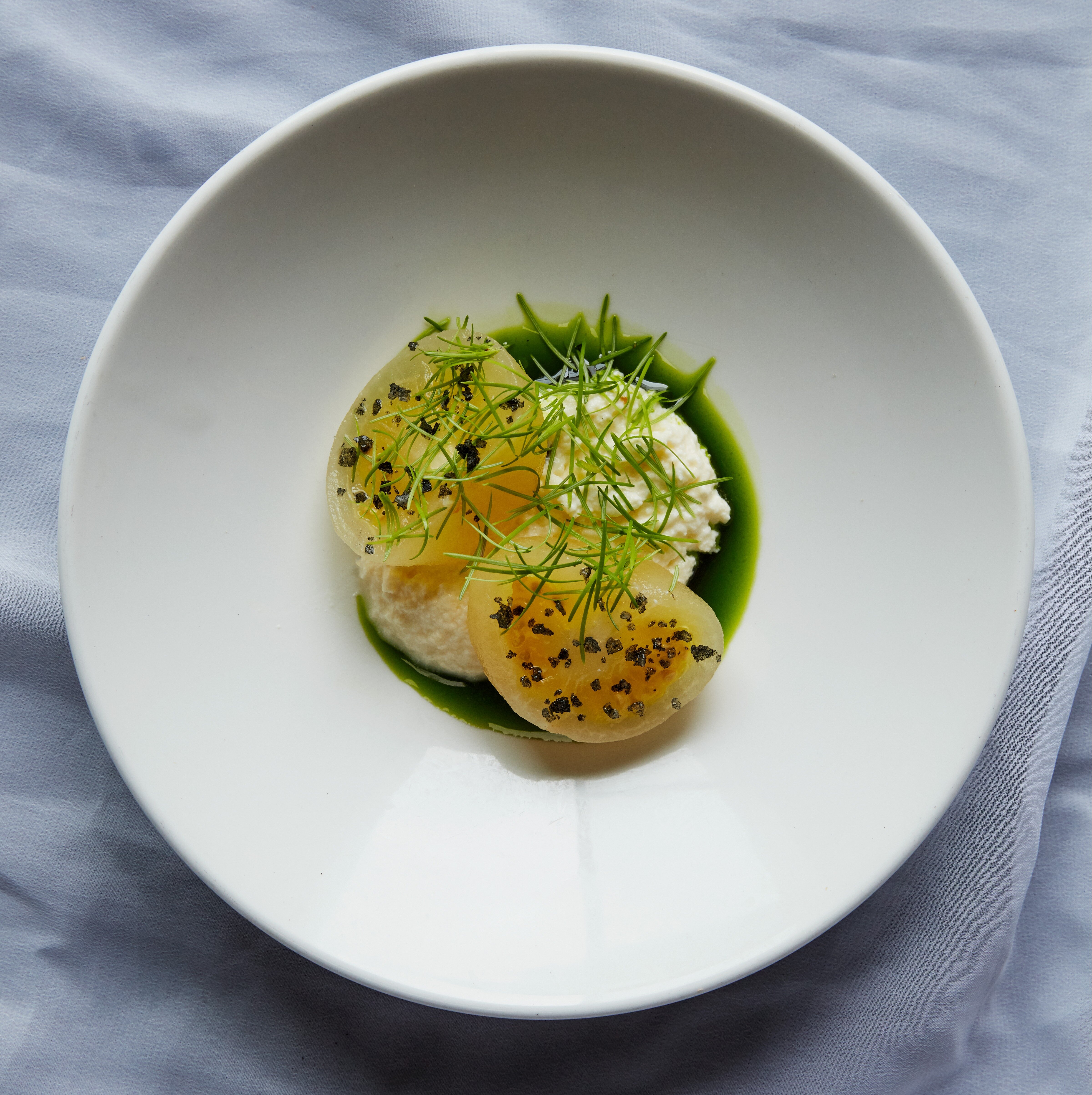
A dairy-free ‘ice-cream’ is made from the roasted skins of waxy potatoes, which creates a similar taste to salted caramel and is paired with seasonal fruits. On the current menu, golden linseeds are toasted, blended with sugar water and salt, churned to make ‘ice-cream’ and served with fig leaf oil.
Alongside its environmental objectives, McMaster acknowledges that Silo needs to be financially sustainable – he opened Silo Brighton with £33,000, having re-mortgaged his mother’s house.
“There were some pretty scary months where our food costs were 50% of our revenue, which is just not sustainable. Silo succeeded for five years because our staff costs were high, but our food costs low. In our last year of Silo Brighton, food costs were 6% of our total revenue,” he explains, although he says people don’t believe him. The new, larger London restaurant will see McMaster supported in the kitchen by a brigade of 10.
Buying wheat to mill their own flour and churning their own butter saves the restaurant thousands of pounds and is not as labour-intensive as some might think, he says. But the chef points out that it isn’t necessary for a restaurant to make everything from scratch to be zero-waste.
McMaster is of the opinon that he doesn’t need a second restaurant to inspire others to pursue the ethos, evidenced by how many Silo alumni have already gone on to set up their own zero- and low-waste restaurants, including Halfdan Klufden, head chef at Frea in Berlin, and Cesar Costa of Corrutela in São Paulo.
“Beautiful offspring from Silo have happened that I’m very proud of,” he says. “It’s maybe a drop in the ocean, but I think we have made positive, influential change. I hope so.”
The White Building, First Floor, Unit 7, c/o Crate Brewery, Queen’s Yard, London E9 5EN www.silolondon.com



